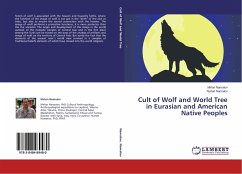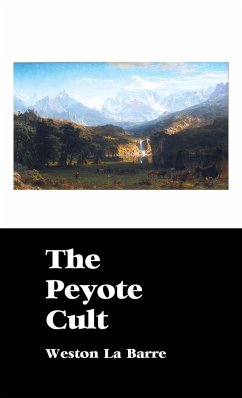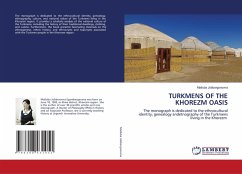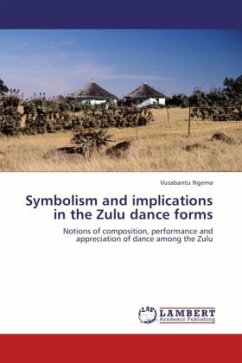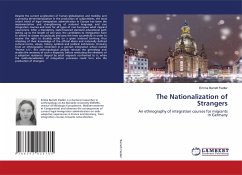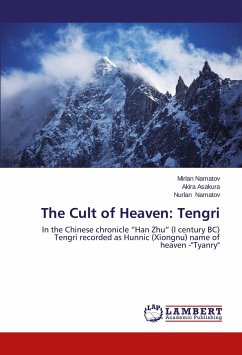
The Cult of Heaven: Tengri
In the Chinese chronicle "Han Zhu" (I century BC) Tengri recorded as Hunnic (Xiongnu) name of heaven -"Tyanry"
Versandkostenfrei!
Versandfertig in 6-10 Tagen
46,99 €
inkl. MwSt.

PAYBACK Punkte
23 °P sammeln!
According to the famous French explorer of religions Jean-Paul Roux, long before the era of the Turks, then living in the Altai, worshiped man of Heaven - Tengri. Chinese historians believe that the appearance of the god Tengri they apply no later than the III-V centuries BC.e There is also a version that the word Tengri formed of two words - Tang-Ra - from the Turkic syllable tan Sunrise and the ancient religious name of sun - Ra. Thus, Tanra refers to the rising sun. But the real etymology of the word still remains largely unsolved. As they called their religion ancient Turks - is unknown. I...
According to the famous French explorer of religions Jean-Paul Roux, long before the era of the Turks, then living in the Altai, worshiped man of Heaven - Tengri. Chinese historians believe that the appearance of the god Tengri they apply no later than the III-V centuries BC.e There is also a version that the word Tengri formed of two words - Tang-Ra - from the Turkic syllable tan Sunrise and the ancient religious name of sun - Ra. Thus, Tanra refers to the rising sun. But the real etymology of the word still remains largely unsolved. As they called their religion ancient Turks - is unknown. It was based on a cult of cosmic deity Tengri. Idea of Tengri upward its roots to V-IV millennium BC, as the main deity was typical for all Turks and Mongols of the Great Steppe, which gave rise to the French scholar of religions Jean-Paul Roux call it the general term Tengrians .





